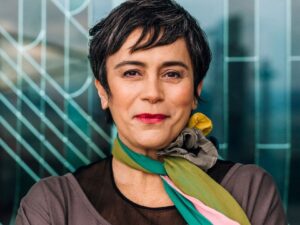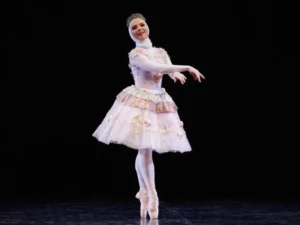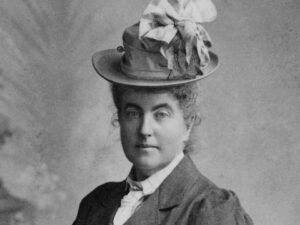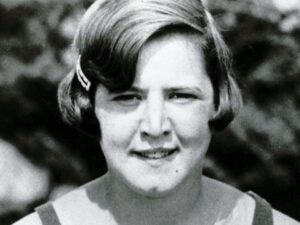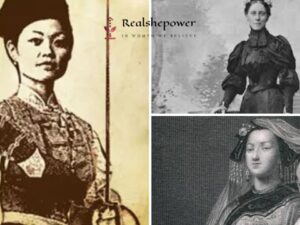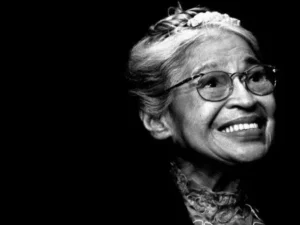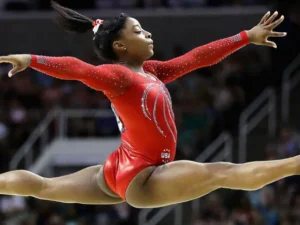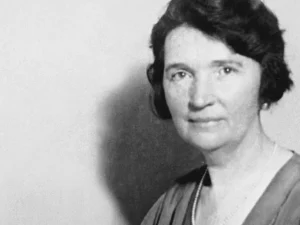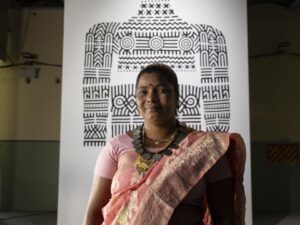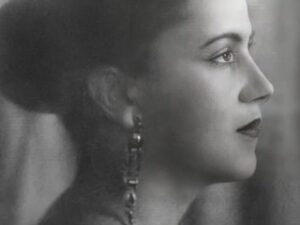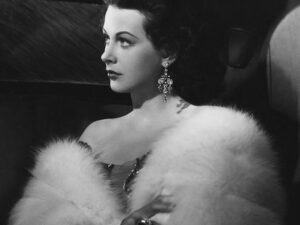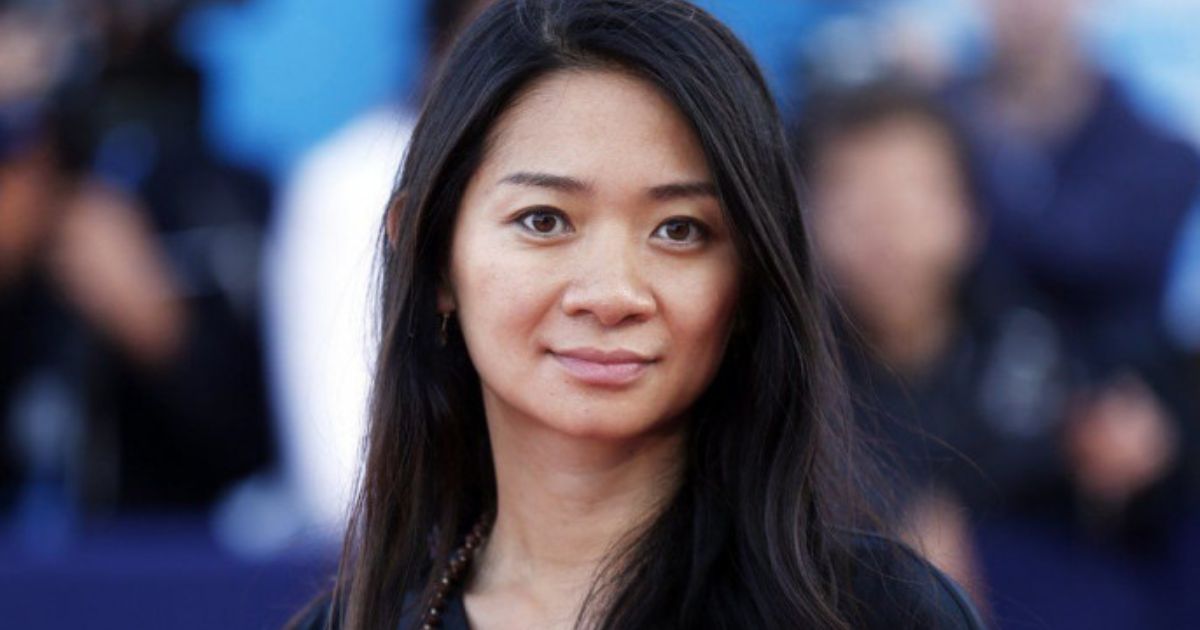Agnès Varda never followed the rules. She made her own.
At a time when cinema was dominated by men, she dared to tell stories differently. She wasn’t just a filmmaker—she was an artist, a visionary, and a rebel who reshaped the way the world saw movies.
Her journey wasn’t easy. She faced rejection, doubt, and the constant challenge of being a woman in a man’s world. But she didn’t just survive—she thrived. And in doing so, she changed cinema forever.
A Childhood That Saw the World Differently
Agnès Varda was born in Belgium in 1928. Her early years were shaped by World War II, forcing her family to flee to the south of France. The war left a mark on her, but it also fueled her curiosity about people, their struggles, and their stories.
She didn’t grow up dreaming of filmmaking. In fact, she studied art history and photography. Her passion was capturing life as it was—raw, unfiltered, and deeply human. But fate had other plans.
An Unlikely Entry into Film
In the 1950s, cinema was an exclusive world, mostly run by men. Yet, without formal training in filmmaking, Varda picked up a camera and decided to make a movie.
Her first film, La Pointe Courte (1955), was shot on a tiny budget. It blended documentary-style realism with fictional storytelling, something no one had ever seen before. Critics didn’t know what to make of it. But years later, they would call it the first film of the French New Wave—a movement that revolutionized cinema.
Agnès Varda Breaking Barriers with Every Film
Varda didn’t care about commercial success. She wanted to tell stories that mattered. Her films focused on ordinary people—women, workers, outsiders—those often ignored by mainstream cinema.
In 1962, she made Cléo from 5 to 7, a groundbreaking film that followed a young woman in real-time as she waited for her medical test results. The film captured the beauty and anxiety of everyday life in a way no one had ever done before. It became a masterpiece.
Then came Vagabond (1985), a haunting film about a homeless woman wandering the French countryside. It won the Golden Lion at the Venice Film Festival and cemented Varda’s reputation as a filmmaker who could move audiences to their core.
Agnès Varda Was A Feminist Force in Cinema
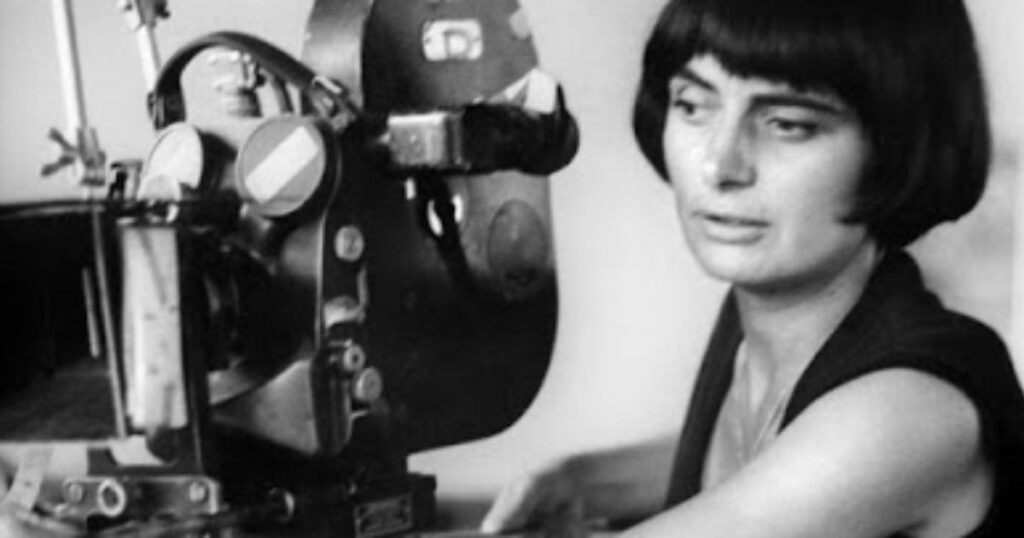
Varda didn’t just make films about women—she made films for women.
She was one of the first female directors to openly challenge gender roles on screen. While Hollywood focused on male heroes and damsels in distress, Varda created complex female characters with depth, flaws, and agency.
Her documentary One Sings, the Other Doesn’t (1977) celebrated the women’s liberation movement. At a time when talking about abortion and female independence was controversial, Varda fearlessly put it on screen.
She became an inspiration for future generations of female filmmakers, proving that cinema wasn’t just a man’s world.
A Late-Career Renaissance

Most filmmakers fade away with age. Varda did the opposite—she reinvented herself.
In her later years, she embraced digital technology, making experimental documentaries like The Gleaners and I (2000). She even teamed up with the young artist JR for Faces Places (2017), a heartwarming road trip documentary that was nominated for an Academy Award. At 89, she became the oldest nominee in Oscar history.
She never stopped creating. Until her final days, she was telling stories, capturing lives, and inspiring the world.
A Legacy That Lives On
Agnès Varda passed away in 2019, but her impact on cinema is eternal. She didn’t just make movies—she redefined what movies could be.
She showed that film could be personal, political, poetic, and powerful all at once. She proved that women’s voices belong in cinema, not as exceptions, but as forces of nature.
Today, her influence is everywhere. Filmmakers like Greta Gerwig, Chloé Zhao, and Céline Sciamma have all credited Varda as an inspiration. The French New Wave, the feminist film movement, and modern independent cinema all owe her a debt.
But perhaps her greatest lesson was this: you don’t need permission to tell your story. You just need the courage to start.
Agnès Varda did. And cinema was never the same again.

